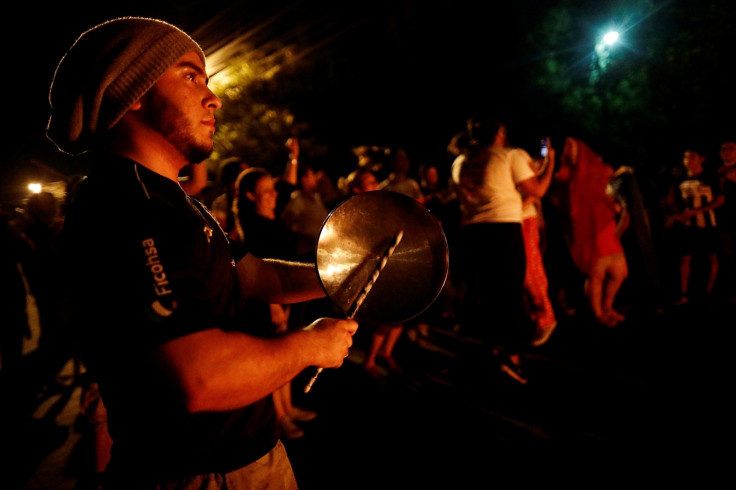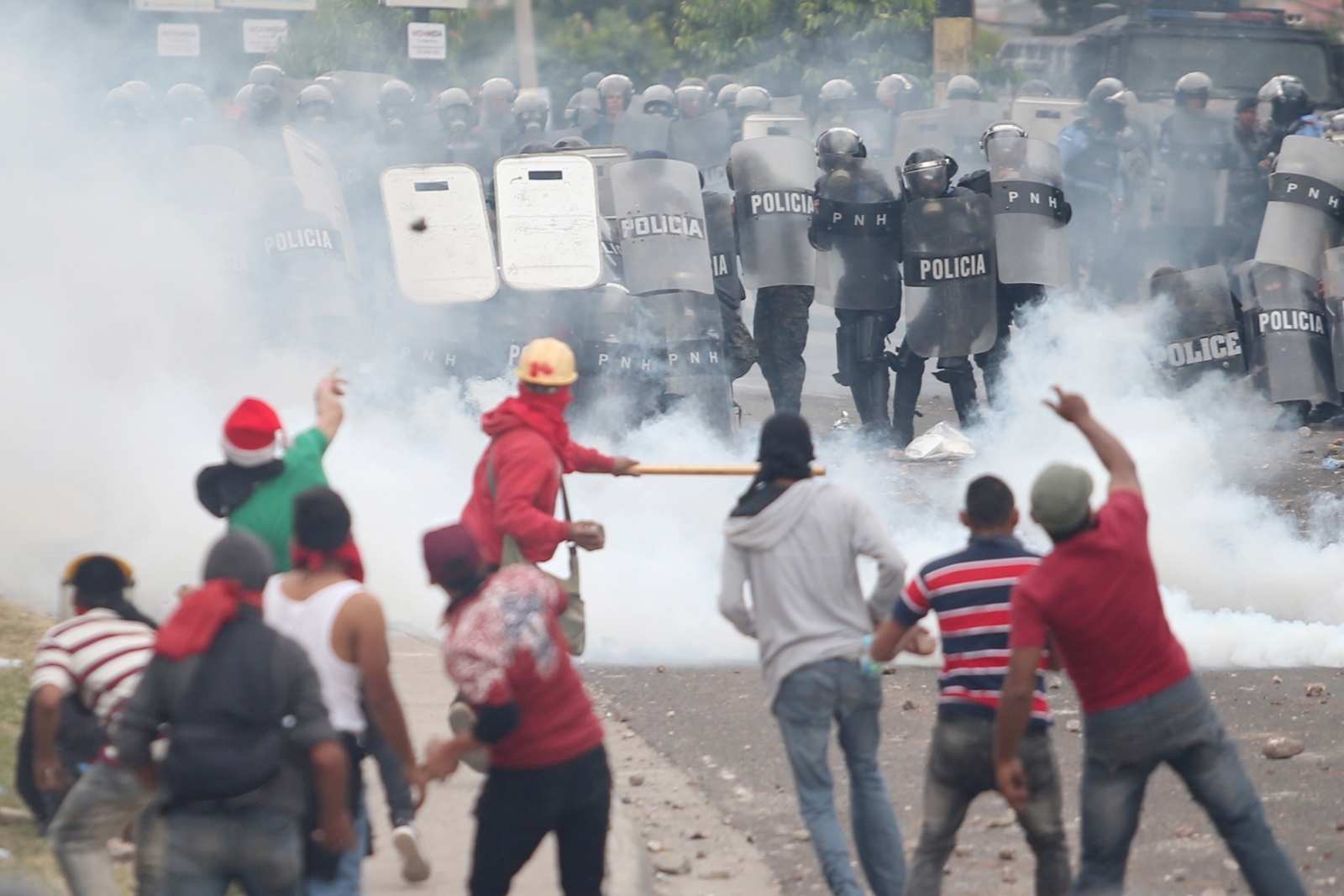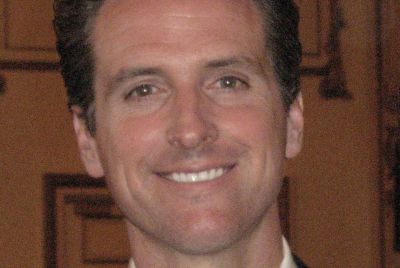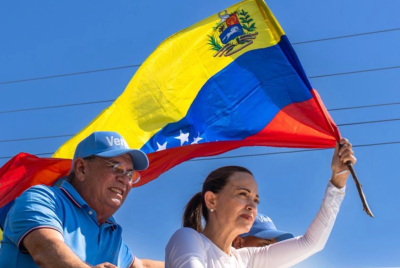Honduras on knife edge as count says President Hernandez got more votes in 'stolen' election
TV star turned opposition candidate Salvador Nasralla has accused Honduran President Juan Orlando Hernandez's government of trying to steal the election.
Honduras is braced for more violent protests as it prepares to declare the winner of a presidential election mired in accusations of vote count fraud. Opposition supporters are expected to flood the streets if – as looks likely – the incumbent president is handed a second term on Monday (4 December). The opposition candidate has accused the government of trying to steal the election.
Honduran electoral authorities restarted the long-delayed and much-disputed count of ballots on Sunday. As night fell, the sound of plastic horns, honking cars, fireworks and beaten saucepans echoed over the capital Tegucigalpa, as voters defied a military curfew imposed to clamp down on protests that have spread around the country.

Both the government and the opposition claimed victory in the election, which was held on 26 November. With nearly two-thirds of the vote tallied, it looked as if TV star turned opposition candidate Salvador Nasralla had pulled off an upset victory over President Juan Orlando Hernandez, as he gained a five point lead.
But after a pause of more than a day, the sporadic vote count started leaning in favour of the incumbent. "It was a gigantic change," said Mark Weisbrot from the Washington-based Centre for Economic and Policy Research. "The chance of this occurring, had the first 57 percent been drawn as a random sample of tally sheets, is next to impossible." Officials blamed the pause on technical problems and denied any manipulation.
Violent protests erupted in the capital and in other cities around the country after the tally stalled without a clear winner. Clashes between protesters and troops have killed at least three people, with unconfirmed reports of another four or five. Honduras' national police force said a 19-year-old woman was shot to death at a pro-Nasralla protest on Friday by gunmen who witnesses said were police. The national police force said it was investigating the attack. Witnesses and opposition activists claim at least five other people have been killed at protests nationwide.
The government imposed a 10-day curfew of 6pm to 6am in an attempt to quell demonstrations, but angry citizens have defied the order to stay off the streets.



















The electoral tribunal, which is led by a member of Hernandez's party, reopened the tallying of votes from 1,031 ballot boxes in which inaccuracies were detected. When the count finally came to an end on Monday, President Hernandez had a lead of more than 52,000 votes, giving him 43 percent of the vote, with Nasralla on 41.4 percent, according to the latest results published on the electoral tribunal's website.
Tribunal president David Matamoros said 100 percent of the ballots had been tabulated but the court was not declaring a winner yet. "We will do that later," Matamoros said, adding that parties will have 10 days to challenge the results.
Nasralla is calling for a re-do of the entire vote. Nasralla told a rally in the capital, Tegucigalpa, that the magistrates of the electoral tribunal "are employees of President (Juan Orlando) Hernandez," who ran for re-election despite a constitutional ban on doing so. "The tribunal is not an independent organism and as such is neither credible nor trustworthy for the people," he said.






Nasralla also called on the armed forces to rebel against orders to enforce the curfew, and encouraged supporters to walk out on a national strike starting on Monday (4 December). "I call on all members of the armed forces to rebel against your bosses," Nasralla told a cheering throng of supporters who booed nearby troops. "You all over there, you shouldn't be there, you should be part of the people."





















